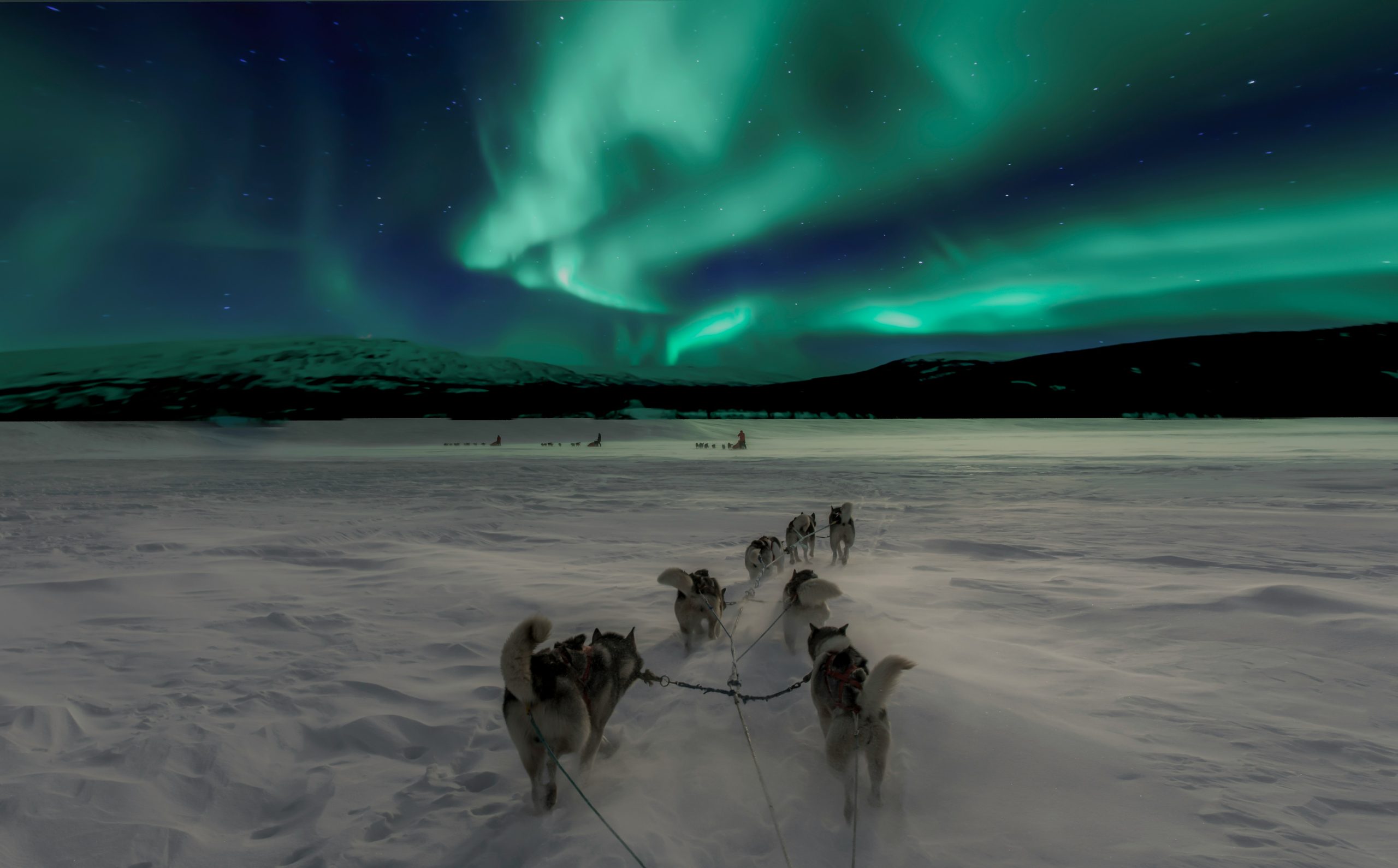The Connection Between Mythology and Astrology

Looking for more amazing products? Check out our online store and explore our collection here! Happy shopping!
Before diving in, please note: This post is for informational purposes only. If you’d like to know more about how we approach topics, feel free to check out our friendly Disclaimer Page.
Hey there, amazing readers! 
We’re committed to delivering quality posts, and your support (even just sticking around despite the ads) means everything to us. So, bear with us, and thanks for helping us keep the good vibes rolling. Now, on to the fun stuff!
TRANSLATE BUTTON AT THE END OF THE ARTICLE
A Quick Overview
Mythology and astrology have danced together through the ages, intertwining in fascinating ways.
Both fields seek to explain our existence, shedding light on who we are and why we behave the way we do.
They serve as mirrors reflecting our fears, aspirations, and connections to the cosmos.
In this article, I’ll take you on a journey through their intertwined histories, exploring how ancient stories shape our understanding of the stars and the profound impact they have on our lives today.
Exploring the Roots: Where Mythology Meets Astrology
To understand the connection between mythology and astrology, we need to start with their origins.
Both can be traced back thousands of years, rooted in the human quest for meaning.
Ancient civilizations looked up at the night sky, seeing patterns and stories that explained everything from seasonal changes to human behavior.
Historical Context: The Babylonians, Egyptians, and Greeks were among the first to document celestial phenomena.
They established a framework for interpreting stars and planets, linking them to their gods.
Cultural Significance: These cultures viewed celestial events as divine messages.
Eclipses, for instance, were often interpreted as omens.
Language of Symbols: The use of symbols in astrology—like the zodiac signs—stems from mythological tales.
Each sign carries a story, a rich narrative that informs its characteristics.
Common Themes: Both astrology and mythology focus on the cycle of life.
They explore themes like death, rebirth, love, and conflict, revealing universal truths about existence.
Shared Purpose: At their core, both practices aim to answer profound questions about the self and the universe.
They provide frameworks for understanding our place in the cosmos.
Understanding these roots gives context to the symbols and stories we encounter in both fields.
It’s like peeling back layers of an onion, revealing deeper meanings within.
The Ancient Stories: Myths That Shaped Our Sky
Mythological stories often serve as the foundation upon which astrology is built.
They are full of characters whose actions reflect the traits associated with the signs and planets.
Greek and Roman Influence: Many of our modern astrological interpretations come from Greek and Roman mythology.
For example, the planet Venus is named after the goddess of love, shaping its astrological interpretations.
Creation Myths: Different cultures have creation myths that explain how the universe and celestial bodies came to be.
These stories often weave in the characteristics we associate with astrological signs.
Cultural Variations: While Greek myths dominate Western astrology, other cultures have their own myths.
In Hindu astrology, for instance, the Navagraha represents the nine celestial bodies with their own storied pasts.
Heroic Tales: Many myths center around heroes facing trials.
These narratives often resonate with the challenges associated with specific zodiac signs, giving us insight into their qualities.
Moral Lessons: Myths also impart moral lessons.
The stories of gods and goddesses often reflect the human experience, teaching us about virtues and vices we may encounter in our own lives.
These ancient tales provide a rich tapestry from which we can draw connections to our astrological practices today.
They remind us that we are participants in an ongoing story.
Starry Symbols: Decoding Astrological Archetypes
Astrological archetypes are symbols that reflect the traits, challenges, and gifts associated with each zodiac sign.
Decoding these symbols reveals much about our personalities and life paths.
Elemental Associations: The zodiac signs are categorized into four elements—fire, earth, air, and water.
Each element carries specific qualities, shaping the signs within it.
Modal Qualities: Signs are also divided into three modalities: cardinal, fixed, and mutable.
These modalities reflect different approaches to life.
Symbolic Animals and Objects: Many signs are represented by animals or objects that embody their traits.
For instance, Leo is represented by the lion, symbolizing courage and leadership.
Numerological Connections: Each sign is associated with a number that reflects its vibrational frequency.
This adds another layer to the interpretation of astrological charts.
Astrological Aspects: The relationships between planets at any given time (called aspects) also reflect mythological themes, adding depth to our understanding of how these celestial bodies interact.
By diving into these symbols, we start to see ourselves reflected in the stars.
It’s like looking in a cosmic mirror.
Planetary Gods: The Divine Beings in Astrology
Planets have their own mythological identities, often represented as gods and goddesses.
This connection enriches our understanding of their astrological meanings.
Mars and Ares: Mars, the planet of war, is named after the Roman god of war, Ares, highlighting themes of aggression and courage.
Jupiter and Zeus: Jupiter, the largest planet, is linked to Zeus, the king of the gods.
This reflects themes of abundance, expansion, and authority.
Mercury and Hermes: Mercury, the planet of communication, is associated with Hermes, the messenger god, emphasizing themes of intellect and exchange.
Saturn and Cronus: Saturn represents discipline and structure, echoing the story of Cronus, who ruled with an iron fist but was ultimately overthrown.
Venus and Aphrodite: Venus, the planet of love, is named after the goddess of love and beauty, encapsulating themes of attraction and desire.
These connections reveal that the planets aren’t just celestial bodies; they are embodiments of complex human experiences and emotions.
Each planetary influence tells a story, shaping our lives and interactions.
Zodiac Signs: Mythological Figures Behind the Scenes
Each zodiac sign has its own mythological figure, often rooted in ancient stories.
These figures help us understand the qualities associated with each sign.
Aries and the Ram: In mythology, the ram represents sacrifice and leadership.
The story of the Golden Fleece highlights themes of bravery and adventure.
Taurus and the Bull: The bull symbolizes strength and fertility.
The tale of the Minotaur in Greek mythology brings depth to Taurus’s earthy nature.
Gemini and the Twins: The myth of Castor and Pollux speaks to duality and companionship, emphasizing the sign’s intellectual and social qualities.
Cancer and the Crab: The story of Hercules battling the crab illustrates the sign’s protective instincts and emotional depth.
Leo and the Lion: Leo’s connection to the Nemean Lion highlights themes of courage and leadership, making it one of the most powerful signs.
These mythological narratives enrich our understanding of the zodiac signs, providing context for their traits and characteristics.
They remind us of the timeless nature of these archetypes.
Constellations and Their Mythical Narratives
Constellations are clusters of stars that have been mapped by various cultures throughout history, each with its own set of myths.
Orion: The hunter in Greek mythology, Orion’s story is one of ambition and fate, illustrating the balance between strength and vulnerability.
Ursa Major: Associated with the bear, this constellation has myths tied to themes of protection and motherhood, particularly in Native American cultures.
Cassiopeia: This queen’s vanity led to her downfall.
Her story serves as a reminder of the dangers of arrogance and pride.
Scorpius: The scorpion is linked to the myth of Orion, where a scorpion is sent to defeat the hunter, symbolizing the balance of power in nature.
Andromeda: The chained princess whose rescue symbolizes hope and redemption, reminding us that even in dire circumstances, deliverance is possible.
Constellations not only serve as navigational tools but also as carriers of stories that connect us to our ancestors.
They remind us that we are part of a much larger narrative.
The Hero’s Journey: Myths Reflected in Astrology
The Hero’s Journey is a universal narrative pattern that resonates through mythology and astrology.
Many astrological themes mirror this archetypal journey.
Call to Adventure: Each zodiac sign represents a stage in the Hero’s Journey, reflecting the call to adventure we all experience.
Trials and Challenges: Just as heroes face obstacles, each sign embodies particular challenges that must be overcome, influencing personal growth.
Transformation: The process of self-discovery and transformation is central to both mythology and astrology.
This journey helps us evolve into our best selves.
Return with Knowledge: The return phase of the Hero’s Journey parallels the wisdom gained through astrological experiences.
Each sign contributes unique insights.
Shared Humanity: The Hero’s Journey reminds us that we all share similar experiences, regardless of our zodiac signs.
We are all heroes in our stories.
This interplay between mythology and astrology provides a framework for personal development, helping us navigate our own journeys with greater awareness.
Cosmic Cycles: Myths That Mirror Astrological Events
Astrology is deeply tied to the cycles of nature, and many myths reflect these cosmic rhythms.
Understanding this connection can enhance our appreciation of astrological practices.
Seasonal Changes: Myths associated with the changing seasons—like Persephone’s descent into the underworld—echo the cyclical nature of life.
Lunar Phases: The moon’s phases inspire numerous myths, from fertility to madness, reflecting its profound influence on human behavior.
Planetary Retrogrades: Myths discussing chaos often emerge during planetary retrogrades, highlighting the lessons we learn during these periods.
Equinoxes and Solstices: Many cultures celebrate myths surrounding these events, marking the changes in light and darkness as fundamental to life.
Astrological Ages: The transition between astrological ages (like moving from Pisces to Aquarius) is mirrored in myths about change and evolution.
Recognizing these cycles can empower us to navigate our lives in harmony with the cosmos.
It’s like dancing to a rhythm that has been around for centuries.
Astrology and Mythology: A Dance of Influence
The relationship between astrology and mythology is a dynamic dance, with each influencing the other in various ways.
Understanding this relationship enriches both fields.
Astrological Interpretations: Mythological stories provide context for interpreting astrological charts.
They help us grasp the underlying messages of planetary placements.
Symbolic Language: Both fields use symbols to convey complex ideas.
This shared language makes it easier to connect the dots between them.
Cultural Exchange: As cultures interacted, their myths and astrological practices influenced each other, creating a rich tapestry of shared knowledge.
Psychological Insights: Astrology often draws on mythological archetypes to explore human psychology, revealing underlying motivations and behaviors.
Personal Reflection: Engaging with both astrology and mythology can lead to deeper self-understanding, offering insights that can transform our lives.
This interplay is not just academic; it’s a personal journey.
By embracing both fields, we can see patterns and meanings that resonate with our experiences.
Cultural Perspectives: Myths Across Astrological Signs
Different cultures interpret zodiac signs through their unique mythological lenses.
This diversity adds richness to our understanding of astrology.
Hindu Astrology: In Vedic astrology, zodiac signs are linked to deities, offering a spiritual framework for understanding personality traits.
Chinese Zodiac: The Chinese zodiac is steeped in mythology, with animal signs reflecting traits associated with specific legends and folklore.
Native American Astrology: Native cultures often associate zodiac signs with animal spirits, each offering wisdom and guidance.
Celtic Astrology: The Celts have their own zodiac system based on trees, imbuing each sign with its own rich symbolism and stories.
African Astrology: Different tribes have unique interpretations of astrological signs, often linked to ancestral stories and nature.
Exploring how various cultures view astrology allows us to appreciate the universality of these themes.
They reveal that, despite our differences, our stories often converge.
The Modern Connection: Astrology in Today’s Myths
Astrology continues to evolve, finding its way into modern narratives.
Today, we see a resurgence of interest in astrology, reflecting the age-old human quest for understanding.
Pop Culture: Astrology has become a popular topic in social media, with memes and influencers shaping how we perceive the zodiac.
Psychological Astrology: More people are recognizing astrology as a tool for psychological insight, blending ancient wisdom with modern psychology.
Spiritual Practices: Many individuals incorporate astrology into their spiritual routines, using it as a guide for personal growth and reflection.
Astrology and Wellness: The wellness industry has embraced astrology, with many seeking astrological insights to enhance their well-being.
Art and Literature: Contemporary artists and writers draw upon mythological themes and astrological symbols in their work, continuing the dialogue between these fields.
This revival highlights our ongoing fascination with the stars.
It’s a reminder that, even in our fast-paced world, we still look to the cosmos for guidance.
Uniting Forces: Celebrating Mythology and Astrology
In conclusion, the connection between mythology and astrology is a beautiful tapestry woven through time.
Each informs the other, providing insights into our existence and the cosmos.
Shared Wisdom: Both fields offer timeless wisdom about the human experience, helping us navigate our lives with greater clarity.
Cultural Heritage: They reflect our cultural heritage, reminding us of our roots and the stories that shape our identities.
Personal Growth: Engaging with mythology and astrology can deepen our self-awareness, encouraging personal transformation and growth.
Community: Both practices foster community, connecting people through shared interests and beliefs.
Enduring Influence: As we look to the future, the influence of mythology and astrology will undoubtedly continue to evolve, enriching our understanding of ourselves and the universe.
So, the next time you gaze up at the night sky, remember the stories and symbols that connect us to our past and illuminate our paths ahead.
Embrace the dance of mythology and astrology; it’s a journey worth taking!

The Enlightenment Journey is a remarkable collection of writings authored by a distinguished group of experts in the fields of spirituality, new age, and esoteric knowledge.
This anthology features a diverse assembly of well-experienced authors who bring their profound insights and credible perspectives to the forefront.
Each contributor possesses a wealth of knowledge and wisdom, making them authorities in their respective domains.
Together, they offer readers a transformative journey into the realms of spiritual growth, self-discovery, and esoteric enlightenment.
The Enlightenment Journey is a testament to the collective expertise of these luminaries, providing readers with a rich tapestry of ideas and information to illuminate their spiritual path.
Our Diverse Expertise
While our primary focus is on spirituality and esotericism, we are equally passionate about exploring a wide range of other topics and niches 

To ensure we provide the most accurate and valuable insights, we collaborate with trusted experts in their respective domains 
Our blog originally focused on spirituality and metaphysics, but we’ve since expanded to cover a wide range of niches. Don’t worry—we continue to publish a lot of articles on spirituality! Frequently visit our blog to explore our diverse content and stay tuned for more insightful reads.
Hey there, amazing reader! 
Check out our store here and take a peek at some of our featured products below! Thanks for being awesome!












